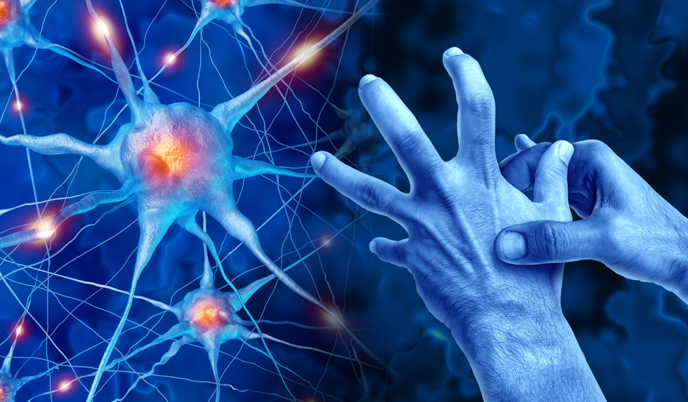
Cell therapy for Parkinson’s shows promise
Parkinson’s patients are receiving a new investigational treatment thanks to groundbreaking research by Dr. Marina Emborg, a professor of medical physics in the University of Wisconsin School of Medicine and Public Health.
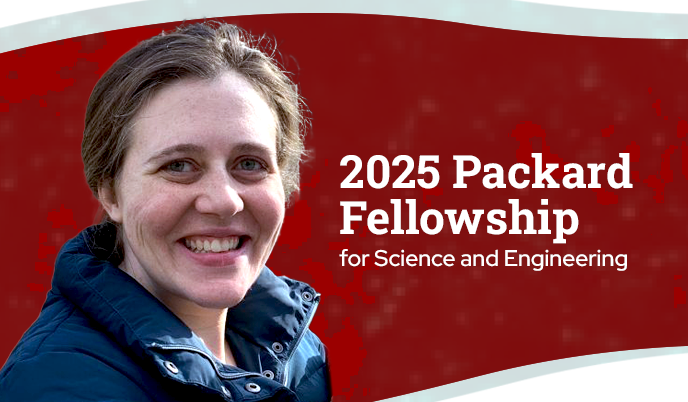
Andrea Putnam awarded 2025 Packard Fellowship
Andrea A. Putnam, a University of Wisconsin School of Medicine and Public Health assistant professor of biomolecular chemistry, has been named a 2025 Packard Foundation Fellow in Science and Engineering.

Gene analysis helps optimize prostate cancer radiation dose
New results from two randomized clinical trials showed that analyzing a gene expression signature in tumors may help doctors customize radiation treatments for prostate cancer patients, improving outcomes while avoiding unnecessary side effects.
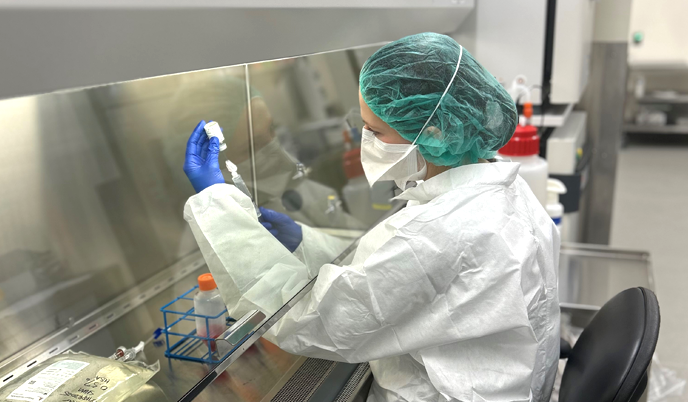
Program for Advanced Cell Therapy expands facility and cell preservation capabilities
A program at the University of Wisconsin School of Medicine and Public Health and UW Health is continuing to grow as it develops novel cell-based therapies for a variety of difficult-to-treat conditions.
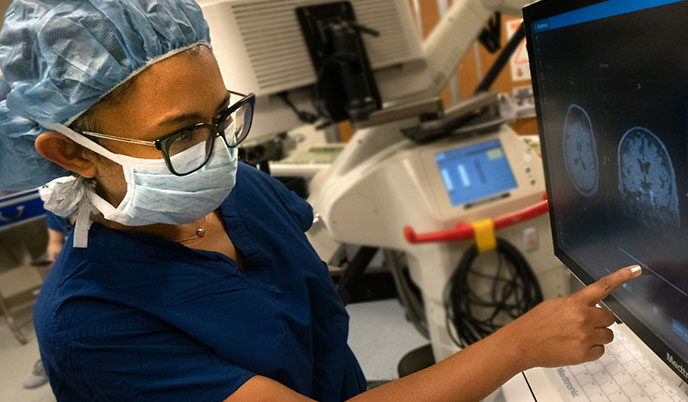
Q&A: Mahua Dey explores glioblastoma vaccine
Dr. Mahua Dey is an associate professor in the Department of Neurological Surgery and the director of the surgical neuro-oncology program in the University of Wisconsin School of Medicine and Public Health. She specializes in the surgical management of both benign and malignant brain tumors.
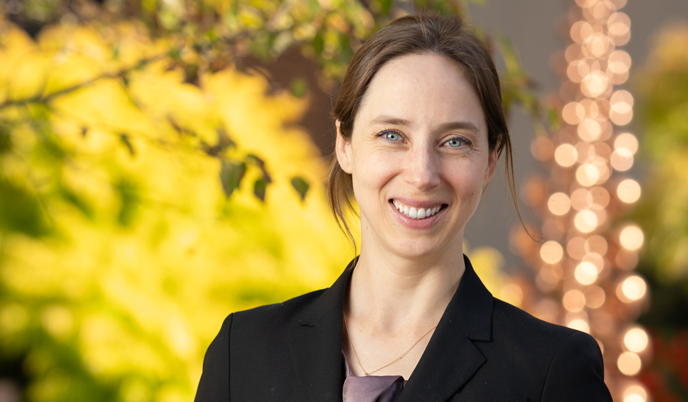
Q&A: Sara McCoy on innovative treatment for Sjögren’s disease
Dr. Sara McCoy, a rheumatologist in the Department of Medicine, is one of the nation’s leading experts on Sjögren’s disease, an autoimmune disorder that affects moisture-producing glands in the eyes, mouth and other parts of the body.
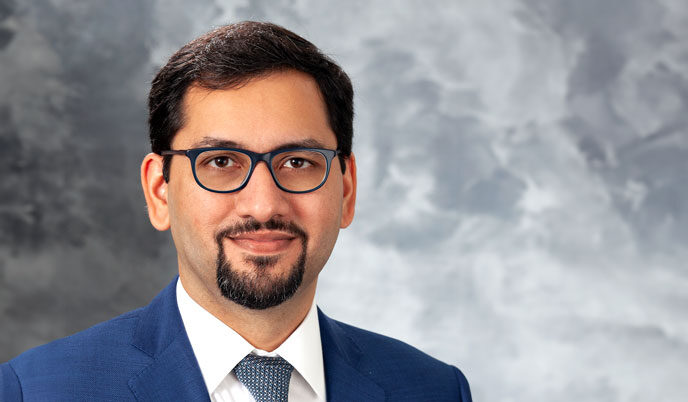
Murtaza named director of Center for Human Genomics and Precision Medicine
Dr. Muhammed Murtaza has become the next director of the Center for Human Genomics and Precision Medicine at the University of Wisconsin School of Medicine and Public Health.

Partnerships Bolster Biotechnology Research and Training
In October 2023, President Joe Biden announced Wisconsin’s selection among 31 Regional Technology Hubs designated by the Economic Development Administration under the 2021 Creating Helpful Incentives to Produce Semiconductors (CHIPS) and Science Act.
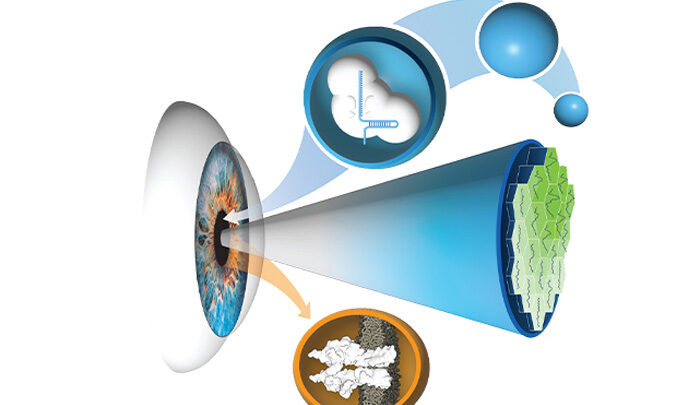
New gene-editing technique holds potential for treating childhood blindness
Using a new experimental technique to fix faulty eye cells, a team led by UW–Madison researchers was able to repair a gene mutation that causes one form of childhood blindness. The scientists showed that their approach worked in lab-grown cells derived from a patient with the currently untreatable inherited disease Leber congenital amaurosis (LCA) and a mouse model that mimics the disease.
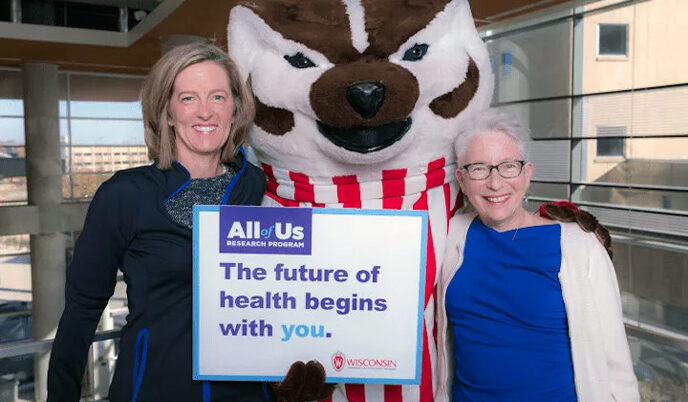
All of Us Research Program returns first genetic results to participants
Participants who donated biosamples, as part of the historic “All of Us” Research Program, may soon see a return of their genetic results.
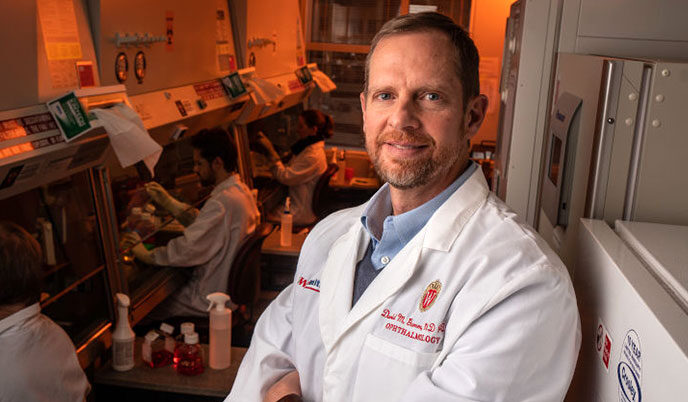
UW researchers devise approach to treat rare, incurable form of blindness
Scientists at the University of Wisconsin‒Madison have published a proof-of-concept method to correct an inherited form of macular degeneration that causes blindness, and that is currently untreatable.

UW launches nation’s first cell therapy trial for kidney transplant patients
For the first time in the United States, a research team will test a personalized cell therapy to treat a common and serious complication facing kidney transplant patients.